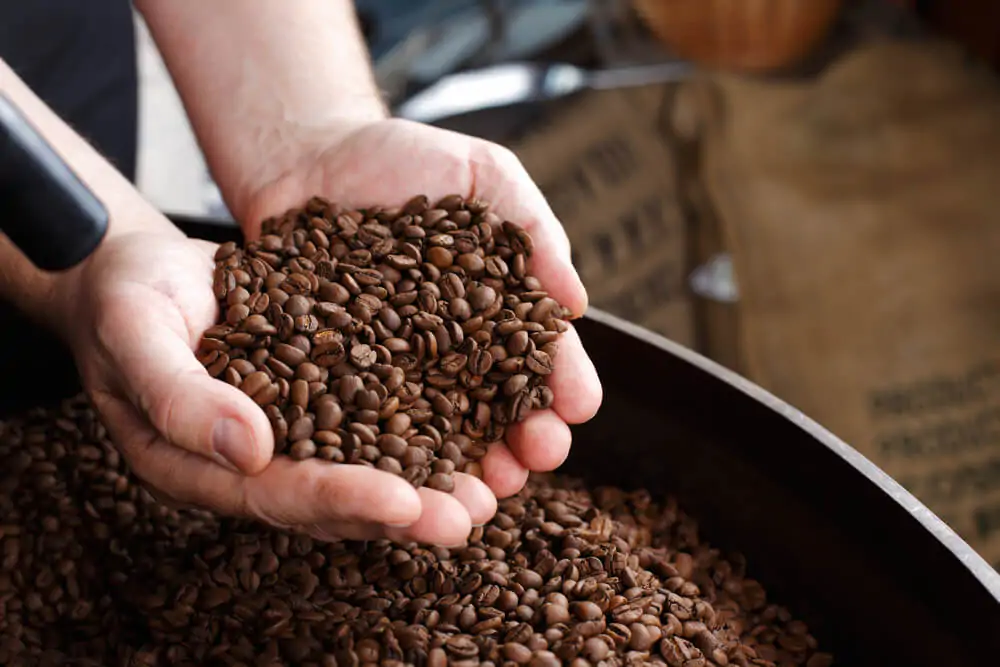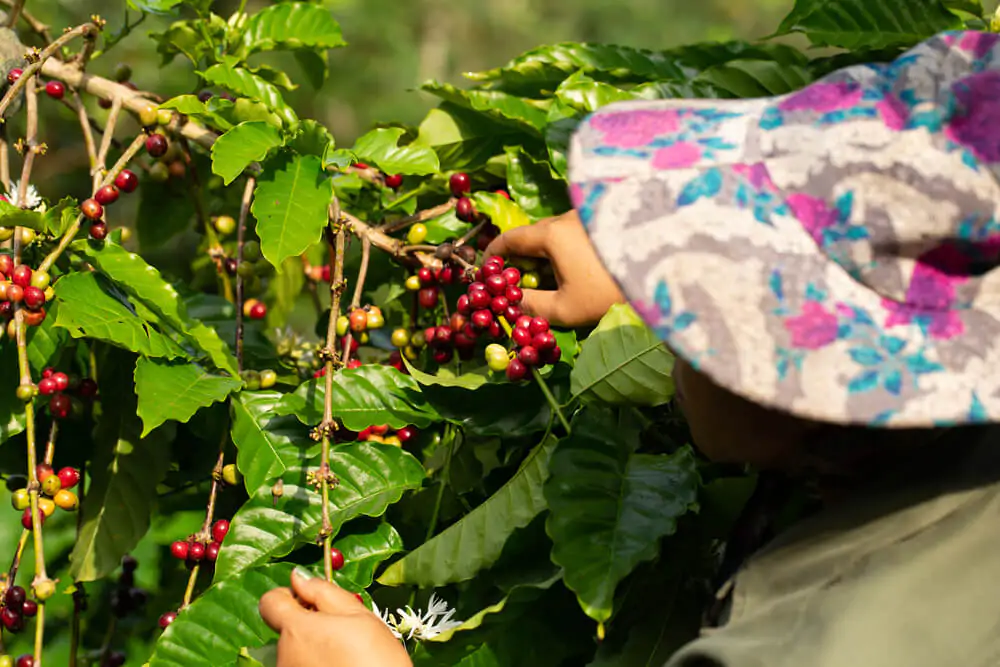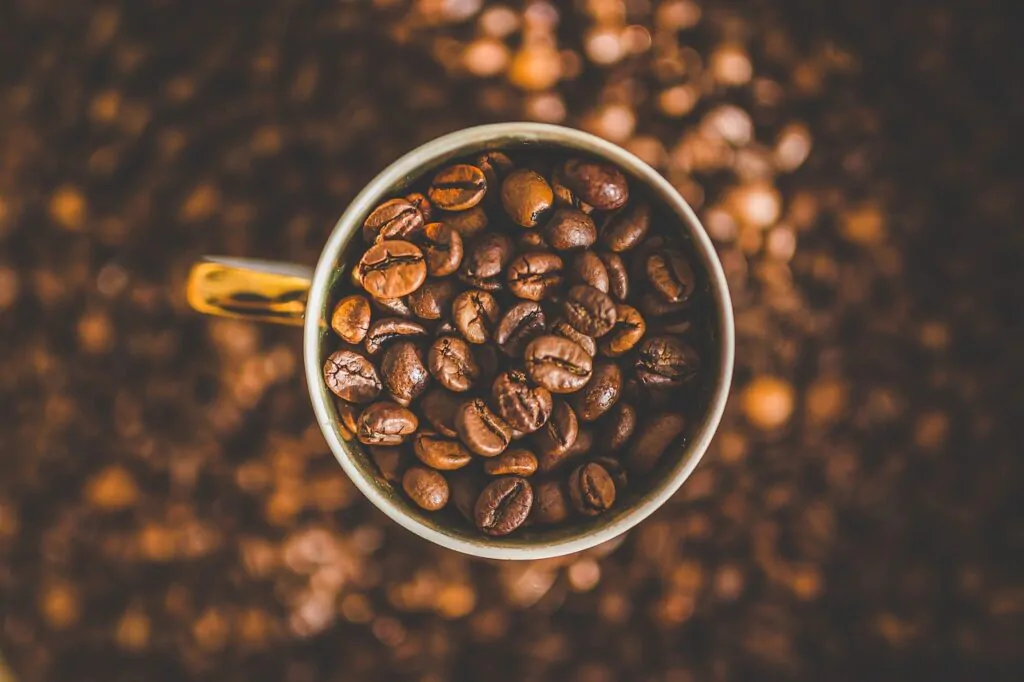Have you been wondering what does single origin coffee mean? In this article, we’ll help you distinguish what’s a single origin coffee from a blend.

As a young coffee barista, I was introduced to the world of coffee tastings, known as cuppings. I was fascinated. I had been drinking coffee for years, often heavily relying on it during late-night study sessions in college.
Some coffees I loved, some I didn’t. But the idea that coffees had individual and subtle differences to their flavor profiles never occurred to me.
Through those cuppings, I developed my current love of single origin coffees. Of course, there are still some I love and some I don’t. But now I can say why and I have a deeper appreciation for the farms and co-ops that produce extraordinary coffee.
Keep reading to learn a little about single origins, and then explore the history of coffee.
The Basics of Single Origin Coffee

All coffee starts as what is known as a coffee cherry before it is processed and turned into green beans ready for market. There are different varieties of coffee and many growing regions worldwide.
Many of the major brands of coffee that you are used to singing on the shelves at grocery stores or that you get when you buy a cup of coffee are blends. The beans that make up this coffee are sourced from multiple areas and combined before hitting the bag or your cup.
In stark contrast to that, you find single origin coffee. For a coffee to be considered a single origin, it needs to come from one crop, region, or product. Each is unique and can get sold as a standalone coffee with a single origin label attached or become incorporated into a specific blend.
Often, single origin coffees have the name of their country of origin. You may have seen options such as Mexican, French, or Sumatra at your local coffee shop. Other times, they get named after the farm or coffee co-op that produces them.
Single origin coffees are typically best as a light or medium roast. Every region, farm, or co-op produces a ban with differing flavor profiles. The lighter roast allows the prominent flavors, as well as the complex undertones, to shine through.
Why Should I Choose Single Origin Coffee?

Among the many reasons why single origin coffee is a good choice is the traceability of the coffee. We live in a time of increased product awareness and social consciousness. Knowing that the money you spend is going to a particular farm or coop is an appealing choice.
If that is intriguing but not enough to convince you….one of the benefits of single origin coffee is its freshness. Single origin coffee is subject to growing seasons. So the window of availability varies.
It also means that when you find your favorite single origin coffee, it will be at its peak freshness and flavor.
Other Single Origin Coffee Considerations
Different growing regions are known for specific flavor profiles, and those, in turn, are impacted by the nature of the method used during processing. Therefore, if you are interested in dipping your toe into single origin coffee waters, start by trying broader single origin coffees, such as Mexico or Sumatra.
Doing so will allow you to compare broader categories. For example, you may find that you prefer brighter and cleaner coffees over deep and sometimes earthy flavors or vice versa. From there, you can take a deep dive, trying coffee from different areas or farms. If you liked this post, you might enjoy our post about if expensive coffee tastes better.
When you’re ready, learn more about different coffee types.
